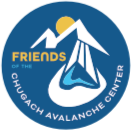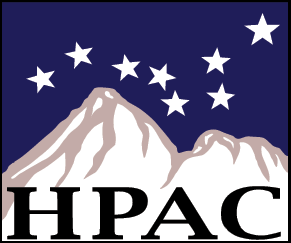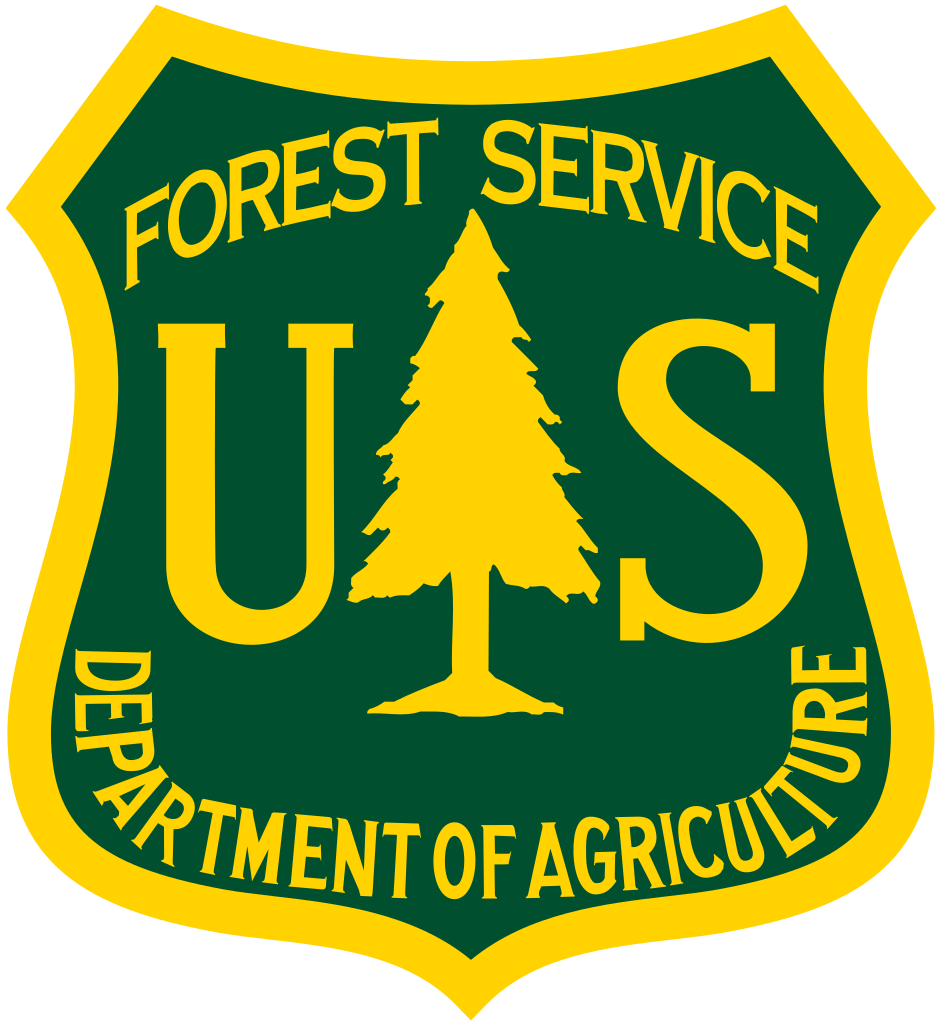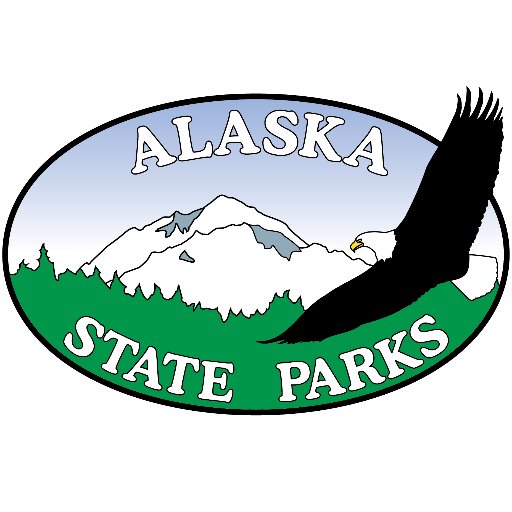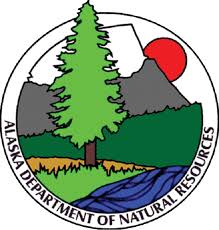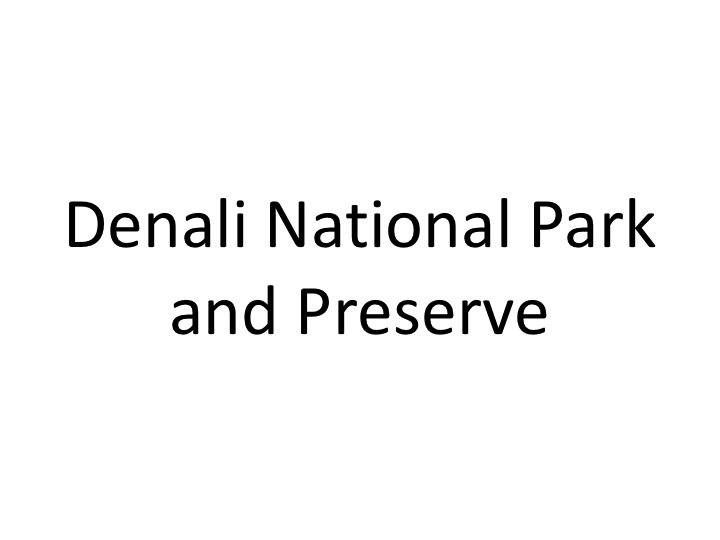Pre-Course Information
Rec 1 + Rescue Avalanche Course
Please use this list to prepare for your Rec 1 + Rescue Course with AGC. Also see the AGC Avalanche Resources page for more links. Please don't hesitate to contact the lead instructor Joe Stock with questions at alaskaguidecollective@gmail.com or the phone number included on emails.
Pre-Course Homework
Complete one adult waiver or one minor waiver (under 18) per person.
Complete the pre-course quiz. This is to help you prepare and will not be collected.
Practice with your field gear so you're ready. This is not a backcountry riding course.
Read The Avalanche Factor (ch 1, 2, 4, 7, 8 and 10) by Joe Stock or Avalanche Essentials by Bruce Tremper.
Optional reading, Rec 1 + Rescue Handbook.
Follow the cnfaic.org Turnagain Pass forecast during the weeks before the course.
Watch Avalanche Problems Explained.
Watch Rescue at Cherry Bowl.
Watch the videos below.
Prepare for the Cold!
We will be standing around more than on a normal day of backcountry skiing. It might be cold. See also the detailed gear list. Some additional tips:
Bring a BIG backpack to put all this stuff in.
Bring multiple puff layers: two puff coats, puff pants or puff skirt.
Bring big insulated boots like Muck Arctic boots for the parking lot debrief.
Bring a thermos of hot drink for the trail.
Leave a thermos of hot drink in your car for afterward.
Eat a big breakfast and eat all day long.
Keep your toes warm with clean socks, heat packs, possibly electric socks (Lenz are best), or 40 Below Fresh Tracks overboots.
Consider bringing extra layers in the car like a sleeping bag to wrap around your shoulders for the parking lot debrief.
Itinerary
Note: If the weather forecast predicts poor learning conditions at the planned venue we may shift to Turnagain Pass, Summit Lake, Hatcher Pass, Western Chugach, or the Chugach Front Range.
Day 1: Rescue course.
8am meet inside Kaladi Brothers Coffee on Brayton in Anchorage
Introductions
Rescue briefing
Rescue statistics
Rescue gear
10am - 4:30pm field session at Glen Alps.
Importance of avoiding avalanches
Trailhead checks
How to use your beacon, shovel, and probe
Rescue method as a victim
Rescue method as a responder
Leadership
Searching for victims without beacons
Common medical issues
Evacuation
Rescue scenarios
4pm - 4:30pm parking lot debrief
Day 2: Trip planning and field observations.
8am trip planning inside CoasT Pizza in Girdwood.
Avalanche types
Using the avalanche forecast
Trip planning
10am - 4pm field session at Turnagain Pass
Trailhead checks
Identifying avalanche terrain
Weather observations
Snow observations including the extended column test
Avalanche observations
4pm - 4:30pm parking lot debrief
Day 3: Travel and decision making.
8am student led trip planning inside CoasT Pizza in Girdwood.
10am - 4pm field session at Turnagain Pass.
Student led trailhead checks.
Applying the trip plan and avalanche forecast to selecting a low risk route.
Decision making techniques.
Applying margins for safety.
4pm - 4:30pm parking lot debrief.
Day 4: Student led tour.
8am student led trip planning inside CoasT Pizza in Girdwood.
10am - 4pm student-led tour to put it all together.
4pm - 4:30pm parking lot debrief and course wrap up.
Course Includes
Four days (32 hours) of instruction.
Professional instructors: AMGA-certified Ski Guides and American Avalanche Association Pro 2 certified.
5:1 max student to instructor ratio
AGC field book.
AGC avalanche avoidance system field card.
AGC avalanche rescue field card.
Certificates of completion
Does Not Include
Lodging, food, and drink.
Transportation to and from the trailhead.
The Avalanche Factor by Joe Stock or Avalanche Essentials by Bruce Tremper.
Personal gear and avalanche rescue gear. See gear list.
Rescue and trip insurance (recommended). See Avalanche Reservation, Cancellation and Insurance Policy for details.
Prerequisites
Advanced downhill ability. You must be able to ski or splitboard black diamond resort runs without falling. Being in control on skis is fundamental to reducing risk, group compatibility, group learning, and your learning.
Proficiency with your backcountry gear including your bindings and skins. Practice with your backcountry gear away from avalanche terrain before the course. This is not a backcountry riding course. Sorry, no snowshoes on this course.
Fitness for three or four consecutive full days in the mountains, skinning up 500-3,000 vertical feet each day.
Be prepared to remain outside all day in cold and foul weather.
Age 16 or older and able to drive.
Wilderness First Aid course recommended.


